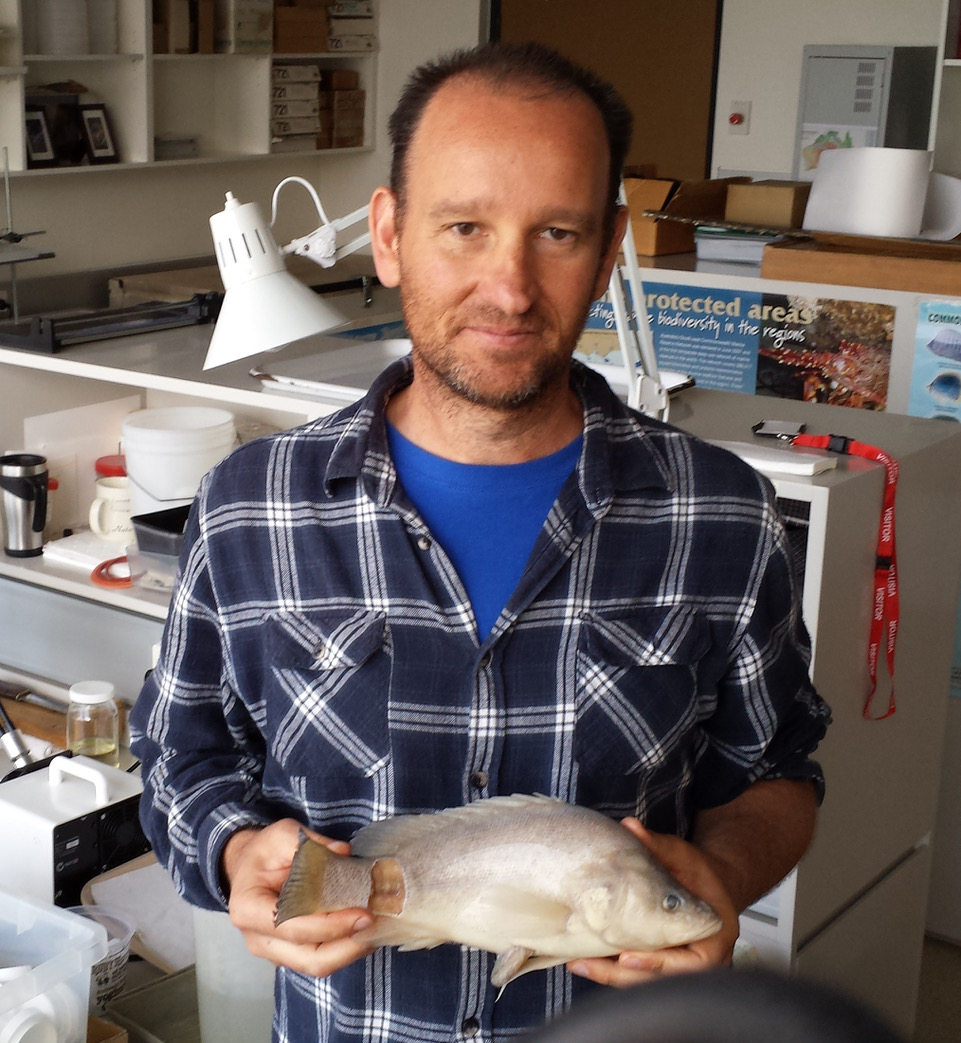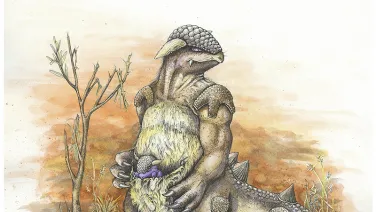E&E Seminar: The enigmatic hemiclonal unisexual species complex in the freshwater fish genus Hypseleotris in eastern Australia
Carp gudgeons in eastern Australia have evolved a complex and quirky system of hemiclonal unisexual reproduction.
Speakers
Event series
Content navigation
Description

Carp gudgeons in eastern Australia have evolved a complex and quirky system of hemiclonal unisexual reproduction. The system came about through hybridisation and good luck, with the species needing to be just different enough to not make “normal” hybrids, but not so different that the hybrids were unviable. We have conducted extensive genetic investigation across the range of the complex and have resolved the number of species present and the various hemiclonal combinations. In some parts of the Murray-Darling Basin up to three sexual species co-occur with three hemiclonal forms, all being captured in the same location. Some of the hemiclonal types have highly skewed sex ratios and odd chromosome numbers. We’ve also identified a number of enigmas that currently cannot be explained. These include cases where we have female sexual genotypes, but only hemiclonal males (i.e., no sexual males present). One site which had only hemiclonal types present, and a couple cases where a sexual genotype appears to have been recreated, but this seems extremely rare and unusual. The presentation will provide an overview of the group and highlights of their enigmatic existence!
Biography
Peter Unmack was until recently a research fellow in the Institute of Applied Ecology at the University of Canberra. He has now started a consultancy business Unmack AquaEvolutionary conducting aquatic research. His principal research is on the phylogeography, phylogeny, evolution and conservation of the Australian freshwater fish fauna. This work focuses on unravelling freshwater biogeographic patterns and trying to improve our understanding of how freshwater fishes move between river basins. An important aspect of his research is the use of conservation genetics to assistant threatened species management with several threatened fish projects across eastern Australia.
Location
Please note: this seminar will be held in the Eucalyptus Rm and via Zoom, details are included below.
Eucalyptus Room, Rm S205, Level 2, RN Robertson Building (46)
Please click the link below to join the webinar:
https://anu.zoom.us/j/88529305465?pwd=ZjZncy9qeGE2ejlWM3BLMGZydks5Zz09
Passcode: 274825
Canberra time: please check your local time & date if you are watching from elsewhere.


